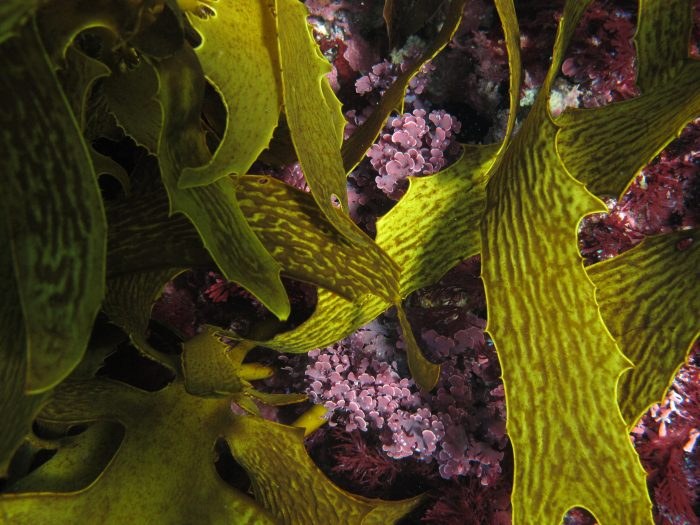Researchers have also shown that some corals are able to maintain constant pH within their calcifying fluids. The ability to adjust internal pH may help certain corals, coralline algae, and other reef life cope with ocean acidification as well as explain how SPS corals can grow so well even in pH-suppressed captive environments.
From the ARC Centre of Excellence Coral Reef Studies:
Reef-building algae adjusts internal chemistry in response to climate change
Researchers from the ARC Centre of Excellence for Coral Reef Studies (Coral CoE) have discovered that coralline algae, critical for the formation and maintenance of coral reefs, is able to adjust its internal chemistry favourably in response to ocean acidification.
Coralline algae are ecologically important. They form calcified skeletons for reefs by producing calcium carbonate, which acts as a “glue” to bind reefs together. However, rising levels of ocean acidity, as a result of human-induced climate change, is threatening this process.
The Coral CoE researchers based at the University of Western Australia, Dr. Christopher Cornwall, Dr. Steeve Comeau, and Professor Malcolm McCulloch, discovered that although coralline algae can be badly impacted as carbon dioxide (CO2) levels rise, some species show a greater tolerance than previously thought.
“Ocean acidification is a major threat to coralline algal dominated reefs in both temperate and tropical ecosystems,” Dr. Cornwall said.
“This study is the first to try to understand why there is a variation in the way different types of coralline algae respond to ocean acidification.”
“It examines how coralline algae can change its internal chemistry to make it favourable for forming their calcium carbonate skeleton.”
Even though some species have a greater tolerance to ocean acidification than others, remarkably, the researchers found all coralline algae showed some form of adaptation.
“Coralline algae form extensive reefs in northern Western Australia, and also bind together other reefs from the tropics to the poles,” Dr. Cornwall said. “The coralline algal species that can retain a high pH within their internal calcifying fluid could continue to calcify in future oceans impacted by ocean acidification.”
“Our findings mean that there is some hope for the future.”
This research has been published in Global Change Biology http://onlinelibrary.wiley.com/doi/10.1111/gcb.13673/epdf











0 Comments